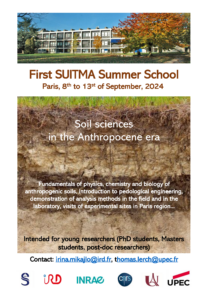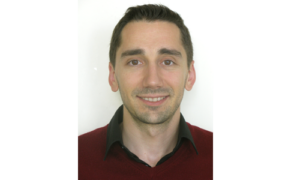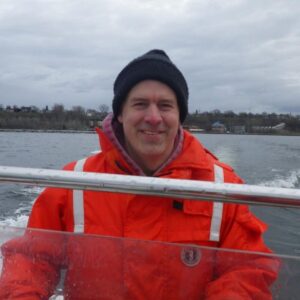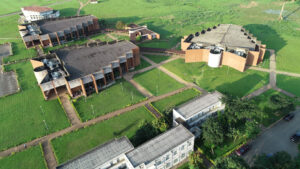Thesis defense of Hajar BEN MOUSSA
« Étude des Soft Rot Pectobacteriaceae (SRP) associées aux eaux de surface : de leur répartition et diversité dans cet environnement à l’analyse de leurs génomes »
Hajar BEN MOUSSA, PhD student of Sorbonne University,
Invites you to the defense of her thesis:
“Study of Soft Rot Pectobacteriaceae (SRP) associated with surface water: from their distribution and diversity in this environment to the analysis of their genomes”
The defense will take place on 20/11/2023 at 2:00 p.m.
Sorbonne University – Faculté des Sciences – Campus Pierre et Marie Curie
UFR TEB room, 46-56 2e floor, and on Zoom:
The jury will be composed of:
- Marie-Agnès JACQUES, Directrice de recherche INRAE – IRHS
- Denis FAURE – Directeur de recherche, INRAE – I2BC
- Ingrid LAFONTAINE – Professeur Sorbonne Université -IBPC
- Mohieddine MOUMNI – Professeur Université Moulay Ismaïl
- Marie-Anne BARNY- Directrice de recherche INRAE – IEES paris
- Jacques PÉDRON – Maître de conférences Sorbonne université – IEES paris
Abstract:
Bacteria of the genera Pectobacterium, Dickeya and Musicola are plant pathogens collectively known as Soft Rot Pectobacteriaceae (SRP). These pathogens cause significant damage to economically important crops and ornamentals. The main characteristic of these pathogens is their ability to secrete large amounts of plant cell wall degrading enzymes (PCWDE) , causing rotting symptoms on plants. Earlier studies showed that SRP are isolated from various non-host environments, such as water, soil and insects. However, the diversity of SRP associated with these environments is poorly described. To investigate the diversity of strains isolated from water, a sampling campaign was conducted in the Durance River between 2015 and 2017, and 582 SRP strains were isolated. During my PhD, using a polyphasic approach, I described a new species, Pectobacterium quasiaquaticum, isolated from water in the Durance River and the Planaqua Lakes (CEREEP-ECOTRON Île De France). I then studied the diversity of the collected strains isolated from the Durance River and showed that two species, Pectobacterium aquaticum and Pectobacterium versatile were predominant in the river water. In contrast, the genus Dickeya was rarely isolated from the water. Moreover, with the exception of P. versatile, SRP species responsible for outbreaks in crops were rarely found in water. P. aquaticum and P. quasiaquaticum are two closely related species that were only isolated from water and have not been reported on plants. The genomic and functional characteristics of these two species were compared with other Pectobacterium species commonly isolated from plants. Comparative genomic analysis showed that both species have undergone significant gene loss during their evolution. Among the missing genes, in both species, many are involved in the transport of organic ions, carbohydrates and amino acids. In addition, a virulence assay conducted on four different plants showed that both species were less aggressive than other Pectobacterium species. This phenotype is supported by a reduced capacity to degrade pectate and a smaller number of enzymes involved in the degradation of plant cell wall. Taken together, these results suggest that the ecological niche of these two species is not the plant. I then undertook a Tn-Seq approach to identify the genetic determinants required for the growth and survival of plant pathogenic bacteria in water. Preliminary analysis of Tn-Seq data in water for two species, P. versatile and P. aquaticum, revealed over 200 genes involved in survival in water, with over 50% of these genes being common to both species. In conclusion, this work provides a general description of the diversity and abundance of SRP in river water. It reveals that, with the exception of P. versatile, the SRP species that cause diseases outbreaks and epidemics in crops are rarely present in water. Moreover, my work reveals the peculiar evolution of two exclusively “aquatic” species, P. aquaticum and P. quasiaquaticum, suggesting a change of niche or lifestyle for these two species. Furthermore, my work provides valuable insights into the genetic determinants involved in survival in water, which will be further explored in future research.
Key-word: Soft Rot Pectobacteriaceae, phytopathogenic bacteria, taxonomy, Pectobacterium, Dickeya, environmental strains, diversity, abundance, distribution, freshwater, surface water, reductive evolution, Pectobacterium quasiaquaticum, Pectobacterium aquaticum, Tnseq, adaptation.




